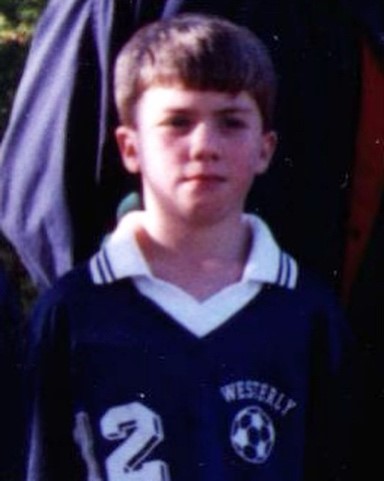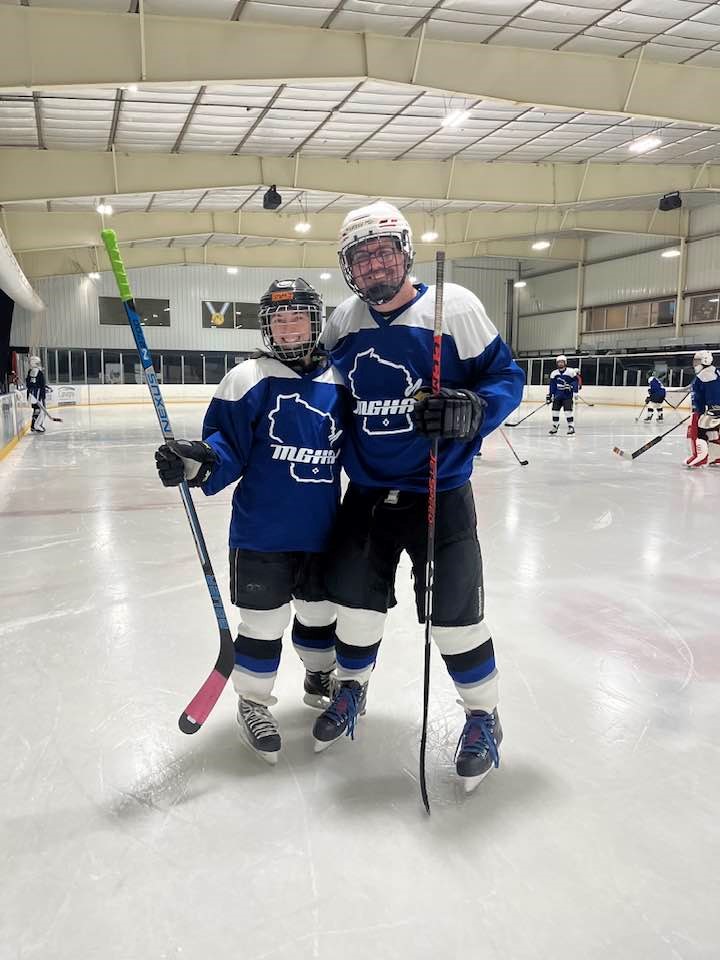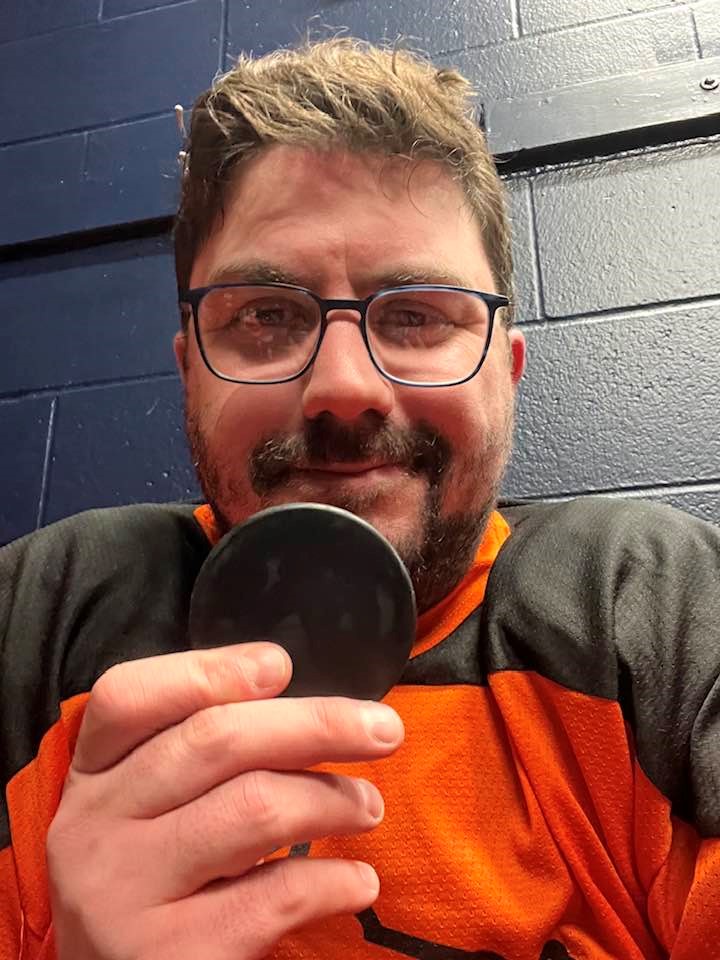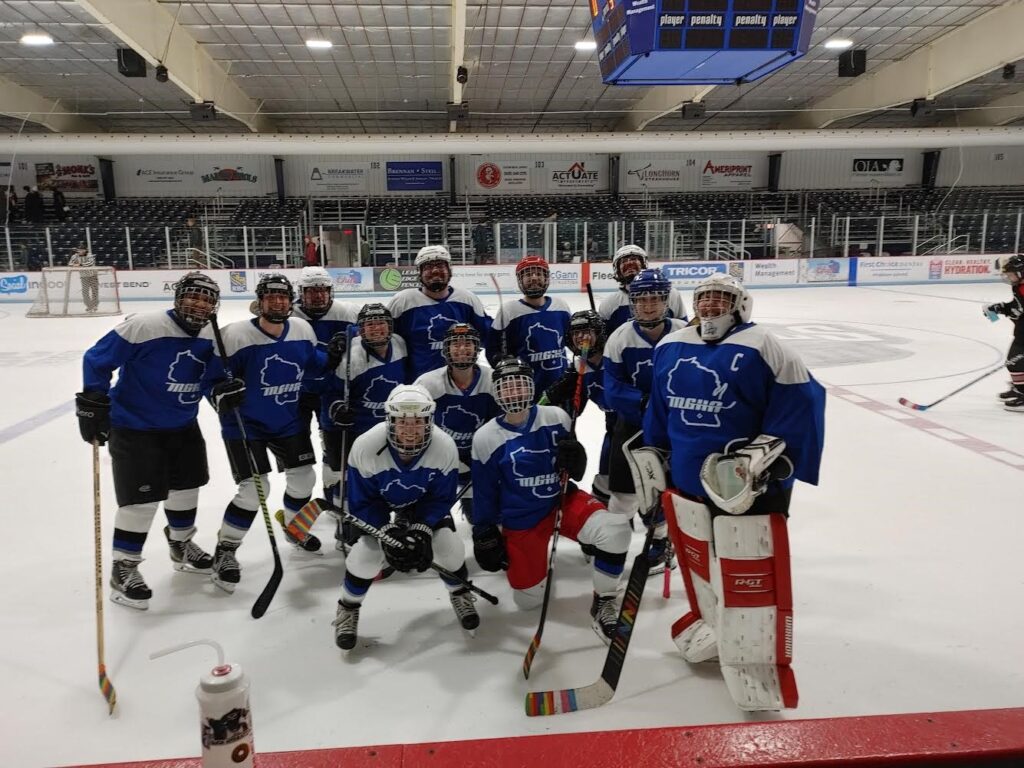Every year, the MGHA asks our community to reflect on their experience and prompts everyone to write an essay on “What gay hockey means to me”. This year we had 3 people respond and as always, these essays reflect the beauty and diversity of meaningful experiences.
Click the links below to read the full essay.
Jon’s Essay and Profile
Jon’s 2023-2024 essay won this year and will be featured in Our Lives Magazine.
Thanks to everyone who participated this year – you mean the world to us!




